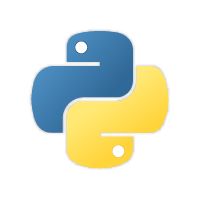Scientist, accounting, philosophy of science
Reposted by Kris Hardies

www.jstor.org/stable/2950909
tbf reading metascience work (e.g. on team incentives/collaboration, the idea of science audits) I do sometimes think some people would benefit from reading some accounting research
Unless, of course, whenever there is a need for some vague theory, then psychology or management will do.
apache.be/2025/10/23/a...
Such repositories likely being a bad idea was 99% my motivation of writing the commentary :-) — "go look for a theory" (in psy/econ) is already some senior researchers' advice in this field.
Reposted by Andreas De Block

@dingdingpeng.the100.ci @lakens.bsky.social @replicationindex.com @psych.peercommunityin.org @zpid.bsky.social @rickcarlsson.bsky.social @jamessteeleii.bsky.social @simine.com @eikofried.bsky.social
Thanks for sharing!
This is easier said than done, especially for an outsider.
In some cases, I guess there is sufficient evidence that has empirically discredited a specific theory ("terror management theory", for instance, I think).
So, if you know of such cases and can point me to useful references, please do!

I don't think the repository will do our field any good, so I wrote a commentary: docs.google.com/document/d/1...

This www.theoryfinder.com/theory-repos...
online repository lists more than 200 theories (*), mostly from psychology. The authors' goal is to foster the use of theory ... I'd like some vetting of these theories. How do we do this?
You'll probably recognize the text in the picture ... we create knowlegde when we give it to more people!

🧵

pmc.ncbi.nlm.nih.gov/articles/PMC...
journals.plos.org/plosone/arti...
I don't know of any that have looked at it recently, but concerns over data quality have surely increased.
Reposted by Jörg Peters

journals.sagepub.com/doi/full/10....
link.springer.com/article/10.3...
I'd expect quite a lot of screening of participants [I think anyone using these sort of platforms understands the necessity of doing so]. Maybe not clearly reported?
Reposted by Kris Hardies
apache.be/2025/10/23/a...



